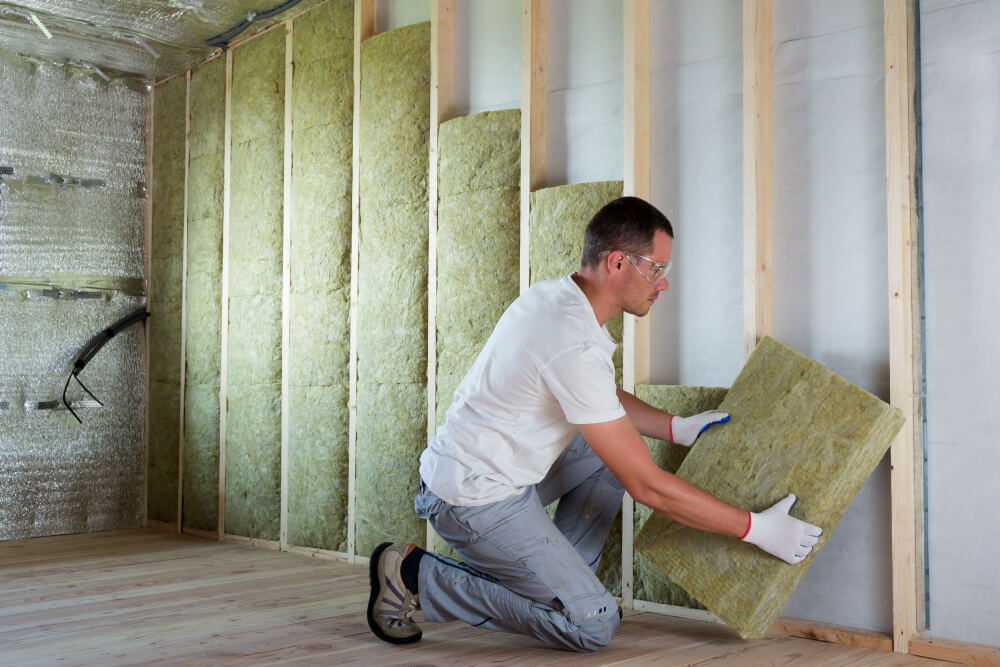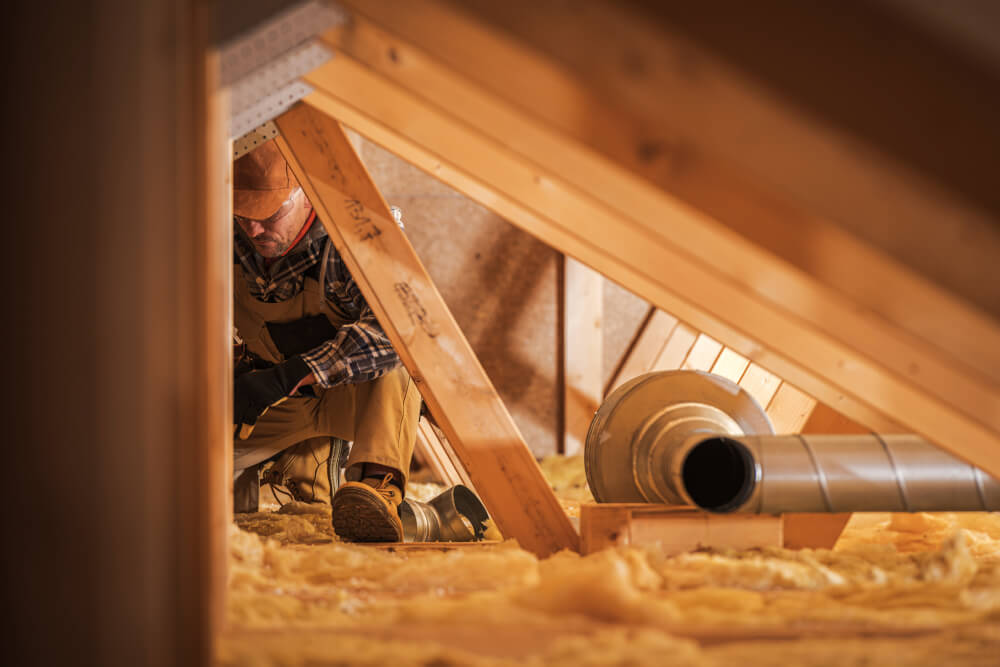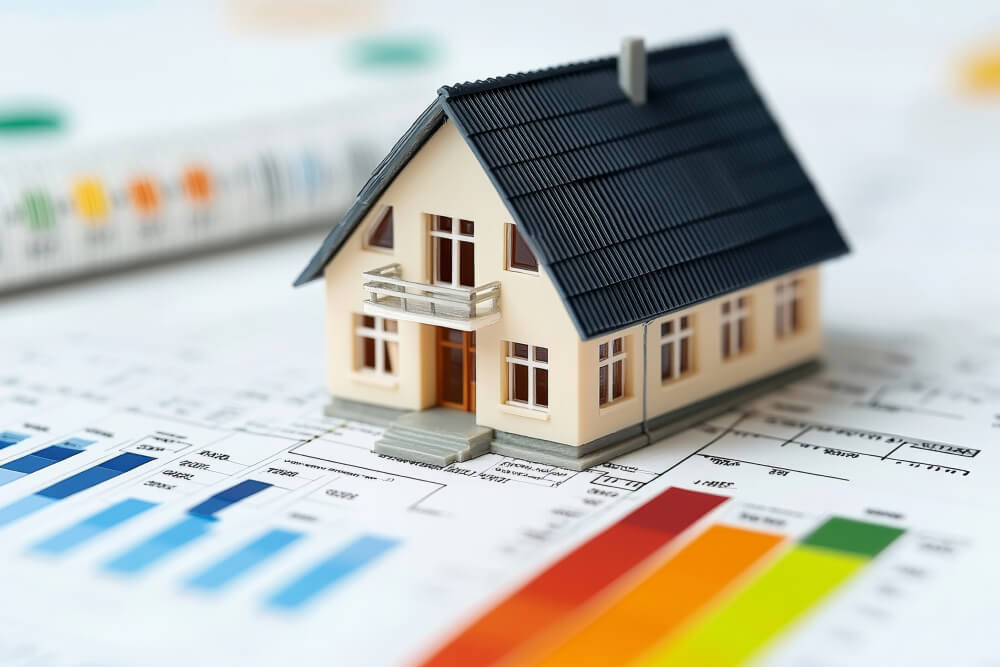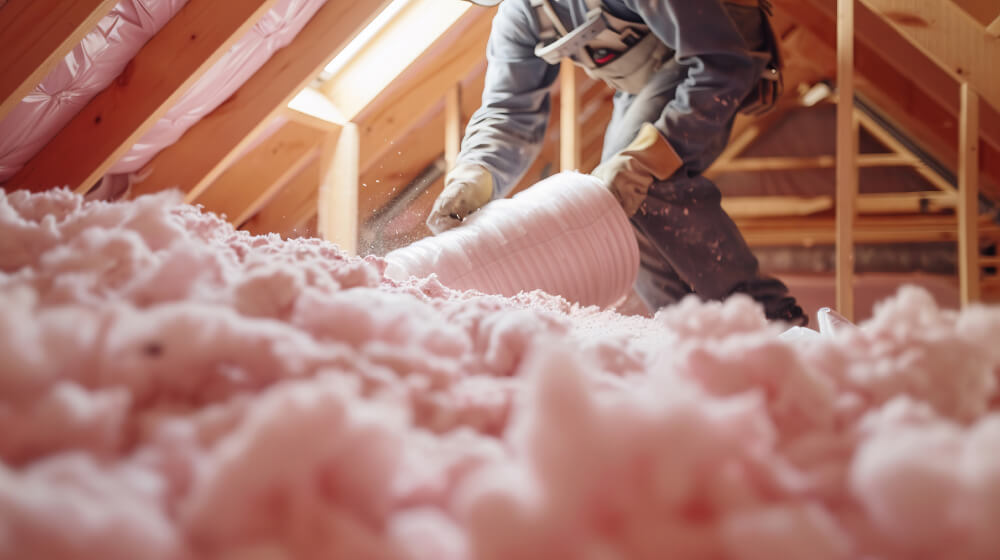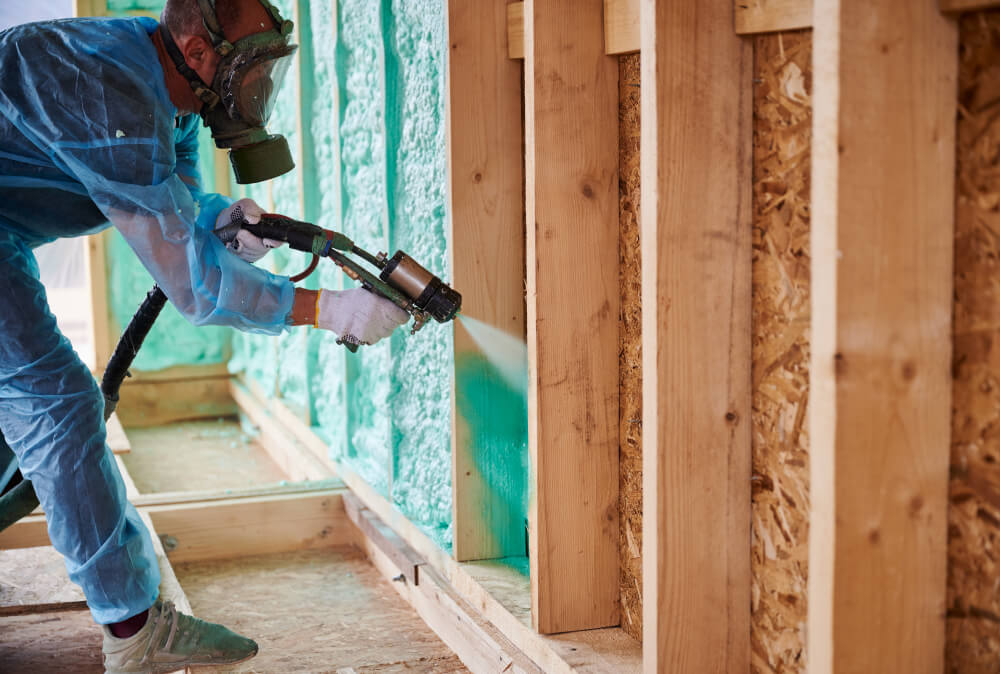Understanding Home Insulation
Home insulation is a material that slows down the transfer of heat, helping to keep your home warmer in the winter and cooler in the summer. It acts as a barrier to heat flow and is essential for keeping your home comfortable while reducing energy consumption. There are various types of insulation materials, including fiberglass, cellulose, spray foam, and rigid foam, each with its unique properties and benefits.Join HICP Homeowner’s Alliance
Connect with experts, get special discounts and enjoy member benefits
Benefits of Home Insulation
- Energy Efficiency One of the most significant benefits of home insulation is its impact on energy efficiency. By preventing heat from escaping during the winter and entering during the summer, insulation reduces the need for heating and cooling systems to work overtime. This results in lower energy consumption, which translates to reduced energy bills. According to the U.S. Department of Energy, homeowners can save up to 15% on heating and cooling costs by properly insulating their homes.
- Enhanced Comfort Insulation contributes significantly to maintaining a consistent indoor temperature, regardless of external weather conditions. This means fewer cold drafts in the winter and a cooler, more comfortable home in the summer. The improved thermal performance of an insulated home ensures that every room remains comfortable, enhancing the overall living experience.
- Environmental Impact Reducing energy consumption not only lowers your utility bills but also decreases your carbon footprint. Insulating your home is an eco-friendly choice that contributes to the fight against climate change. By using less energy for heating and cooling, you reduce the demand on power plants, leading to fewer greenhouse gas emissions. This simple step can make a significant difference in promoting environmental sustainability.
- Noise Reduction Insulation also acts as a sound barrier, helping to reduce noise from outside and between rooms within your home. This can be particularly beneficial if you live in a noisy neighborhood or have a multi-story home where sounds easily travel between floors. The added soundproofing can lead to a more peaceful and quiet living environment.
- Prevention of Moisture and Mold Proper insulation helps control moisture levels within your home, preventing the buildup of condensation that can lead to mold growth. Mold not only damages your home’s structure but also poses health risks to the occupants. Insulating your home effectively can help maintain a dry and healthy living space by reducing the potential for mold and mildew.
- Increased Property Value A well-insulated home is an attractive feature for potential buyers. It signifies lower energy costs and a more comfortable living environment, making it a valuable selling point. Investing in insulation can increase your home’s market value, providing a significant return on investment if you decide to sell in the future.
Types of Insulation
- Fiberglass Insulation: Made from fine glass fibers, this is one of the most common types of insulation. It is affordable, easy to install, and provides excellent thermal performance.
- Cellulose Insulation: Made from recycled paper products, cellulose is an eco-friendly option that provides good thermal and sound insulation properties.
- Spray Foam Insulation: This type of insulation expands upon application, filling gaps and sealing air leaks effectively. It offers high thermal resistance and is ideal for hard-to-reach areas.
- Rigid Foam Insulation: Available in panels, rigid foam provides excellent thermal resistance and is commonly used for insulating foundations, walls, and roofs.
Installation and Maintenance
Proper installation is crucial to the effectiveness of insulation. It’s recommended to hire a professional to ensure that the insulation is installed correctly and performs optimally. Regular maintenance and inspections can help identify any issues early on, such as gaps or damaged insulation, allowing for timely repairs.
ConclusionHome insulation is a vital aspect of any energy-efficient and comfortable living environment. By investing in proper insulation, homeowners can enjoy significant cost savings, enhanced comfort, and a reduced environmental impact. The benefits extend beyond mere financial savings, contributing to a healthier, quieter, and more sustainable home. Whether you’re building a new home or upgrading an existing one, prioritizing insulation can lead to long-term benefits that improve your quality of life.
For homeowners looking to make informed decisions about home improvement, understanding the importance of insulation is crucial. It’s an investment that pays off in multiple ways, ensuring a comfortable and energy-efficient home for years to come.

